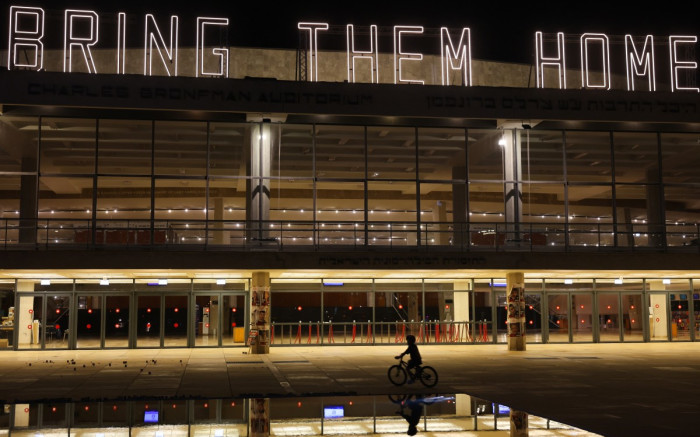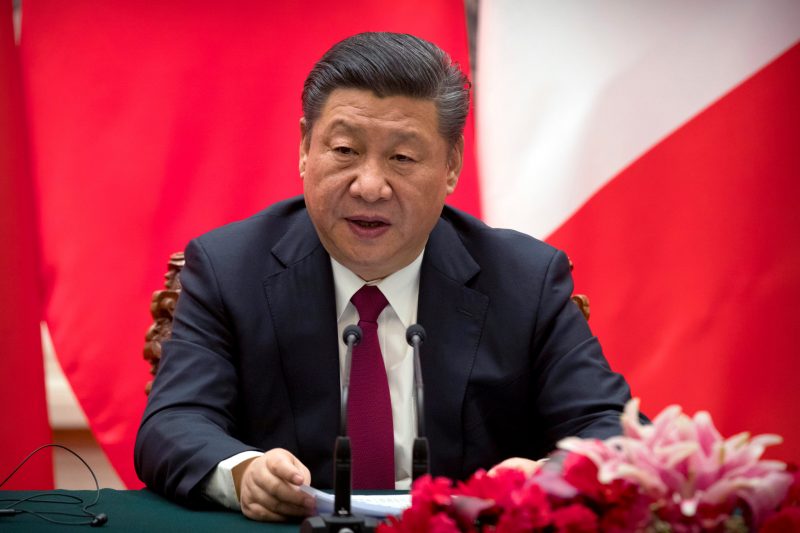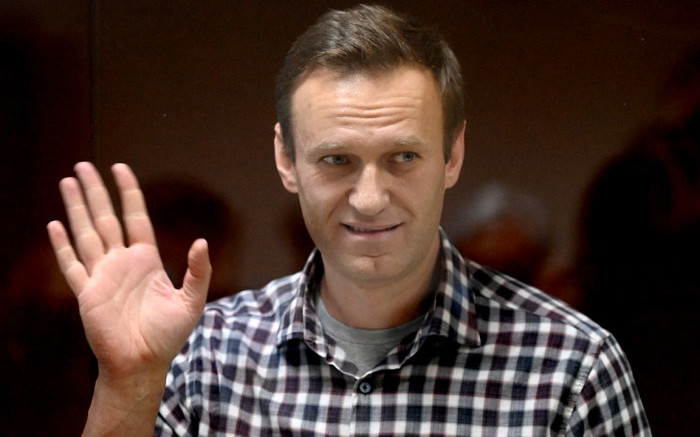
After weeks of political violence, voters in the island nation of Madagascar went to the polls on Thursday to elect a president, even as 10 of the 13 candidates called for a boycott and accused the man they sought to replace of unfairly swaying the process in his favor.
Most of the 30 million residents of this country off Africa’s southeast coast live in poverty. A series of weather-related disasters in recent years have damaged the country’s agricultural production, its economic mainstay, and exacerbated the humanitarian crisis.
Madagascar relies heavily on foreign aid and there are fears that a disputed election could lead some benefactors to withdraw their support, which “will lead the country into a chaotic situation,” said Andoniaina Ratsimamanga, a spokeswoman for Red Cross Support in humanitarian aid in Madagascar.
Political instability has been a defining feature of elections in Madagascar over the years Russia made a great effort in the 2018 race to influence the outcome through the paramilitary organization Wagner Group. It is unclear whether and to what extent Russia is involved in this year’s elections.
Since the election campaign began in early October, political rallies and protests have seen clashes between demonstrators and security forces, with supporters of opposition candidates being beaten, arrested and shot at with rubber bullets and tear gas as they protested against what they said was a rigged electoral system.
The head of Madagascar’s National Assembly and dozens of civil society organizations in the country have called on the country’s electoral commission to postpone the vote due to instability. The United Nations, several European countries and the United States have all expressed concern about the government’s violent crackdown on election rallies.
Almost all candidates are urging voters to stay away from the polls because they say the most recent president, Andry Rajoelina, unfairly benefited from state institutions run by his supporters.
By law, Mr. Rajoelina resigned in September to run for re-election but has broadly retained the powers of his incumbent. The ten candidates say state security forces disrupted their election campaign; that the judge, Mr. Rajoelina, agrees with the judgments given in his favor; and that the national electoral commission is staffed by his allies. They also say that Mr. Rajoelina is ineligible to hold office because he received French citizenship and argue that the law therefore forces him to renounce his Malagasy nationality.
“It’s not fair and transparent,” Marc Ravalomanana, one of the candidates and himself a former president of the country, said in a telephone interview. Mr. Ravalomanana is a long-time nemesis of Mr. Rajoelina, who pushed him away in a coup in 2009.
“It was rigged,” Mr. Ravalomanana said of that race.
A spokeswoman for Mr. Rajoelina declined, saying the same rules and institutions overseeing previous elections in which Mr. Rajoelina did not win applied to this campaign.
“There are no tensions or political crises in Madagascar, only politicians who are candidates but do not want to vote and who are doing everything to cause unrest,” wrote spokeswoman Lalatiana Rakotondrazafy in a text message.
“The constitutional order must be respected and voters must be given the opportunity to carry out their civic duties in peace,” she added.
Mr. Rajoelina, a former disc jockey, ruled an interim government after the 2009 coup but did not retain power in the 2013 election. He regained power in the last election in 2018.
Since the country’s independence from France in 1960, only the last two elections – 2013 and 2018 – are considered peaceful transfers of power. And even in these competitions there were disputes and challenges over who was allowed to compete and what the results were.
The violence this year pales in comparison to what happened during the 2009 coup, when protesters burned buildings and many people died, said Ms. Ratsimamanga, the Red Cross spokeswoman. This year, Mr. Rajoelina’s political opponents have held rallies attended by thousands of people that were mostly peaceful, she said, but they were often met with a hostile military response.
“Honestly, I think it’s pretty excessive,” she said of the military’s response, “because on the other hand, they don’t actually have any weapons.”
In a statement released last monthThe United Nations said it was “concerned about the deteriorating human rights situation in Madagascar,” adding that “security forces have used unnecessary and disproportionate force to disperse four peaceful protests in two weeks.”
A few days later, a coalition of embassies including the European Union, the United States and Japan issued a joint statement supporting the United Nations position and calling on “everyone to exercise the utmost restraint.” The United States gave $400,000 to the Electoral Commission of Madagascar this year to promote education and awareness about the election.
At least one opposition candidate who believes Mr. Rajoelina is unfairly trying to overturn The vote in his favor fuels his campaign to defeat him.
Siteny Randrianasoloniaiko, a former judo champion who is now running for president, said boycotting the election was risky because it could allow Mr. Rajoelina to run for re-election unopposed. He encourages his supporters to vote and says he and his team will challenge the result if they find any discrepancies in the electoral process.
“Let’s see,” he said in an interview. “Let’s wait and see.”






Recent Comments